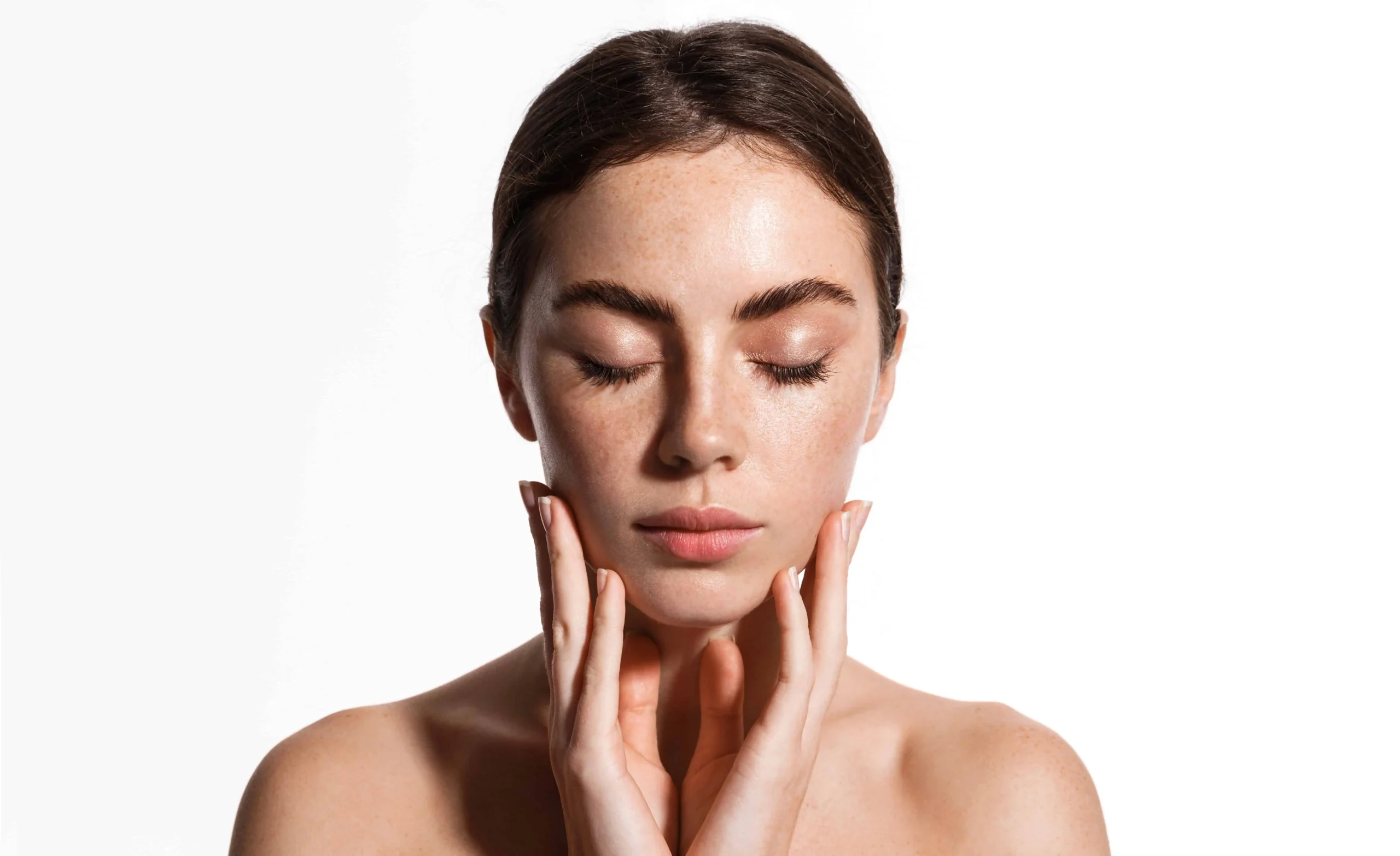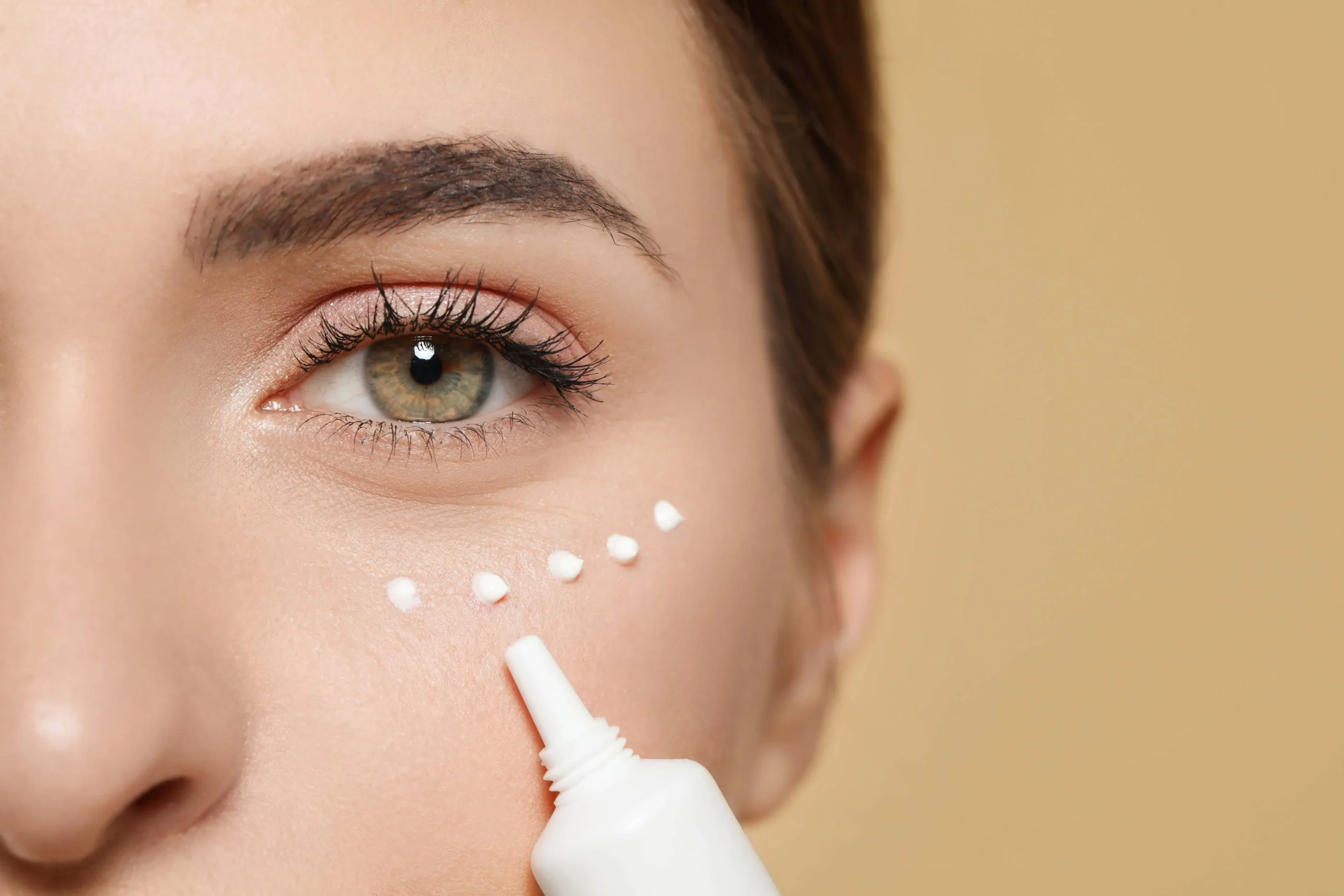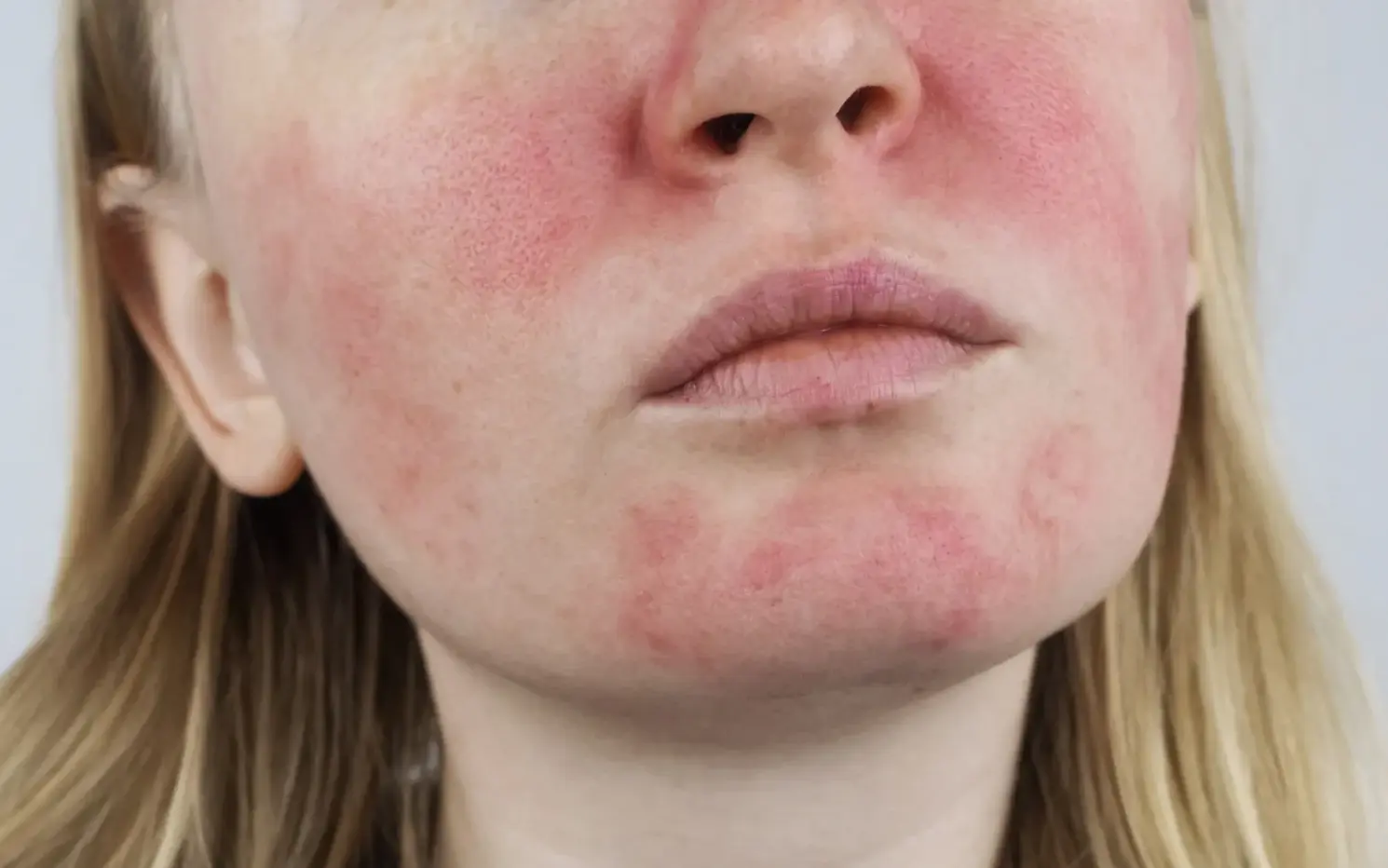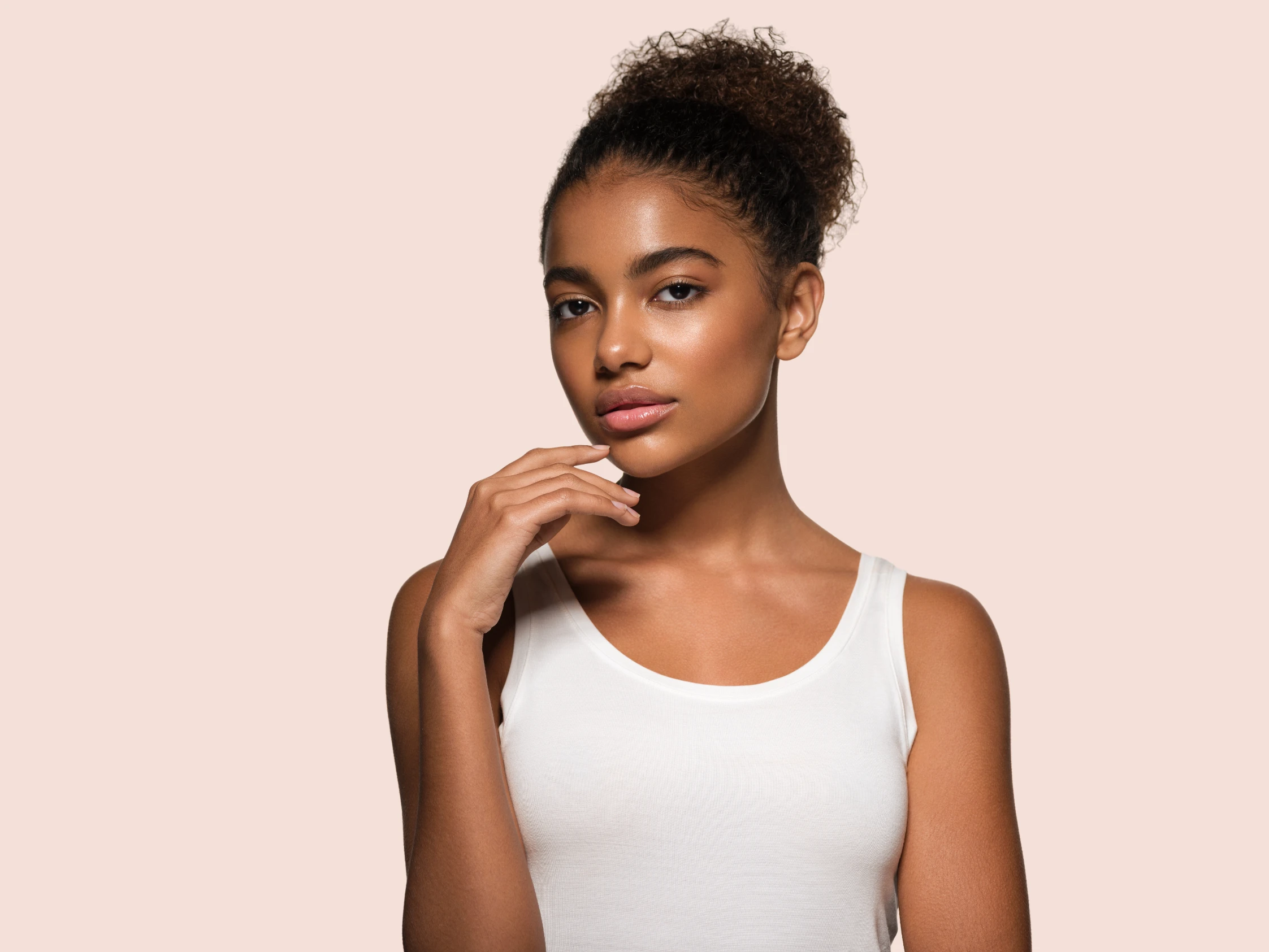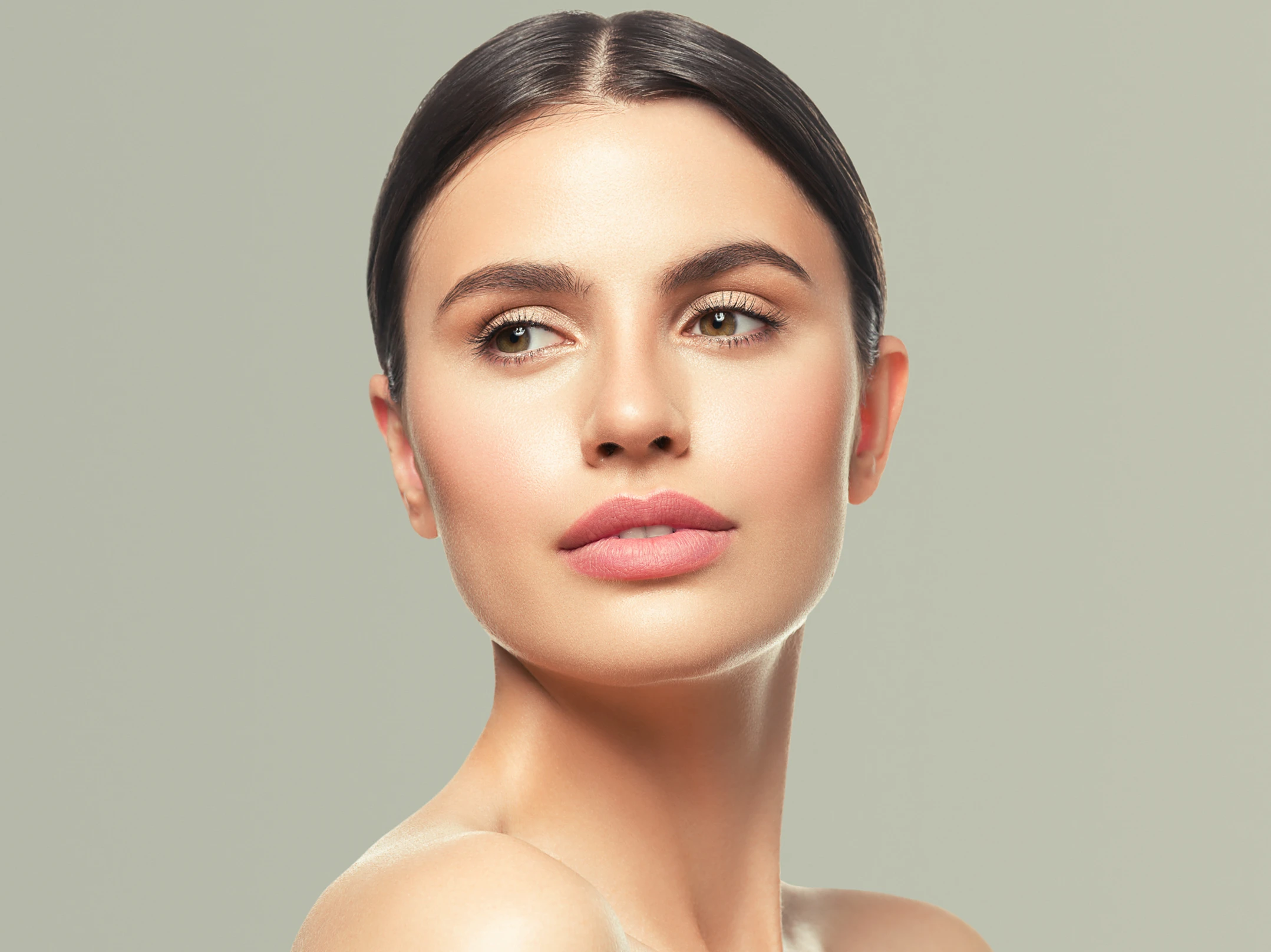Let’s talk retinol! We have all heard of it, but there is lots of false information surrounding the topic that may scare people away from including retinol in their skincare routines. Retinol is a powerful product that can be a skin savior for many. It works to stimulate skin cell turnover to create new healthy skin cells resulting in improved skin texture, pigmentation, acne, and tone. We are here to answer all your frequently asked questions in hopes to clarify the use of retinol.
Let’s start with the basics; what is retinol?
Retinol is a vitamin A derivative that contains a variety of skin health benefits. Vitamin A promotes cell turnover and increases collagen production creating a more youthful appearance. When retinol is used routinely, it can reduce signs of aging. Dr. Frieling emphasizes the importance of retinol when stating “To me, retinol is a MUST-HAVE product in your daily skincare routine, starting in your twenties. You will be forever thankful several years later.”
How often should I use retinol products?
As a first-time retinol user, it should be slowly incorporated into your skincare routine. If you are using medical-grade retinol, we suggest you start by using it once a week at night and slowly increase the usage as your skin adapts until it is part of your nightly routine.
Are they safe for sensitive skin?
Typically, upon initial use of retinol, you may experience a bit of irritation, dryness, and peeling. This is why we recommend slowly incorporating it into your skincare routine. As your skin starts to adjust the irritation will settle down. These products are safe for most people although it is important to consult with a professional about what would work best for you.
What are the risk factors?
As mentioned previously, retinol is a powerful product that may lead to some initial irritation upon application. Typically, people may see redness, flakiness, dryness, and some breakouts while the skin adjusts. People who are pregnant, breastfeeding, or considering pregnancy should consult with their doctor before incorporating retinol into their routines.
What is Retin-A?
Retinol and Retin-A are types of retinoids. Retinoids are compounds that behave like vitamin A. Retin-A is the brand name for the medication tretinoin. This medication is usually prescribed to treat acne. Retin-A works faster than your natural retinol and you can see results quickly as well. Retin-A, in simplest terms, is a stronger more powerful form of retinol. Dr. Frieling says it is important to note “When starting to use Retin-A, it is recommended that you maintain a gentle skincare routine free of chemical exfoliants such as lactic acid and salicylic acids. Another ingredient to avoid is benzoylperoxide, which is commonly used to treat acne, but if used in conjunction with retinol, both effects can cancel each other out.” Dr. Frieling also mentions “Products like cleansers, moisturizers, and sunscreen should remain in your skincare routine, just make sure they are fragrance-free.”
Looking for a retinol to incorporate into your skin care routine? Our Soyier skin Crème De Retinol: Radiance Retinol Cream 0.5% is amazing and is free from Parabens, Imidazolidinyl Urea, Petrolatum, Propylene Glycol, Cocamide DEA, Prop 65, Formaldehyde, 1-4 Dioxane, Hexelyne Glycol, Decelyne Glycol, Hormones, Sulfates. Check it out!
Let’s talk retinol! We have all heard of it, but there is lots of false information surrounding the topic that may scare people away from including retinol in their skincare routines. Retinol is a powerful product that can be a skin savior for many. It works to stimulate skin cell turnover to create new healthy skin cells resulting in improved skin texture, pigmentation, acne, and tone. We are here to answer all your frequently asked questions in hopes to clarify the use of retinol.
Let’s start with the basics; what is retinol?
Retinol is a vitamin A derivative that contains a variety of skin health benefits. Vitamin A promotes cell turnover and increases collagen production creating a more youthful appearance. When retinol is used routinely, it can reduce signs of aging. Dr. Frieling emphasizes the importance of retinol when stating “To me, retinol is a MUST-HAVE product in your daily skincare routine, starting in your twenties. You will be forever thankful several years later.”
How often should I use retinol products?
As a first-time retinol user, it should be slowly incorporated into your skincare routine. If you are using medical-grade retinol, we suggest you start by using it once a week at night and slowly increase the usage as your skin adapts until it is part of your nightly routine.
Are they safe for sensitive skin?
Typically, upon initial use of retinol, you may experience a bit of irritation, dryness, and peeling. This is why we recommend slowly incorporating it into your skincare routine. As your skin starts to adjust the irritation will settle down. These products are safe for most people although it is important to consult with a professional about what would work best for you.
What are the risk factors?
As mentioned previously, retinol is a powerful product that may lead to some initial irritation upon application. Typically, people may see redness, flakiness, dryness, and some breakouts while the skin adjusts. People who are pregnant, breastfeeding, or considering pregnancy should consult with their doctor before incorporating retinol into their routines.
What is Retin-A?
Retinol and Retin-A are types of retinoids. Retinoids are compounds that behave like vitamin A. Retin-A is the brand name for the medication tretinoin. This medication is usually prescribed to treat acne. Retin-A works faster than your natural retinol and you can see results quickly as well. Retin-A, in simplest terms, is a stronger more powerful form of retinol. Dr. Frieling says it is important to note “When starting to use Retin-A, it is recommended that you maintain a gentle skincare routine free of chemical exfoliants such as lactic acid and salicylic acids. Another ingredient to avoid is benzoylperoxide, which is commonly used to treat acne, but if used in conjunction with retinol, both effects can cancel each other out.” Dr. Frieling also mentions “Products like cleansers, moisturizers, and sunscreen should remain in your skincare routine, just make sure they are fragrance-free.”
Looking for a retinol to incorporate into your skin care routine? Our Soyier skin Crème De Retinol: Radiance Retinol Cream 0.5% is amazing and is free from Parabens, Imidazolidinyl Urea, Petrolatum, Propylene Glycol, Cocamide DEA, Prop 65, Formaldehyde, 1-4 Dioxane, Hexelyne Glycol, Decelyne Glycol, Hormones, Sulfates. Check it out!


